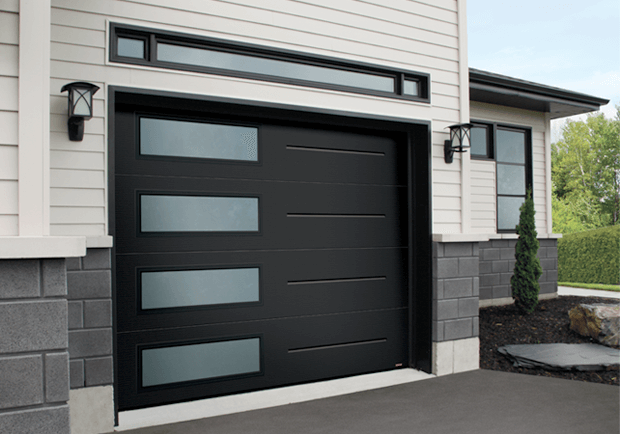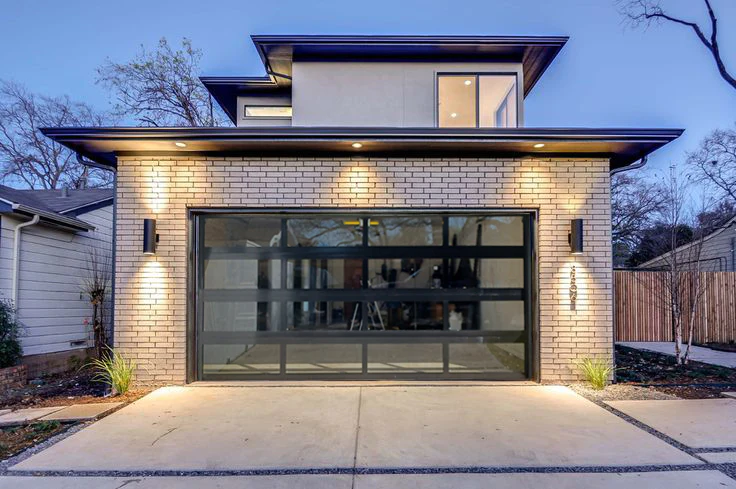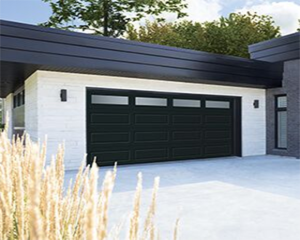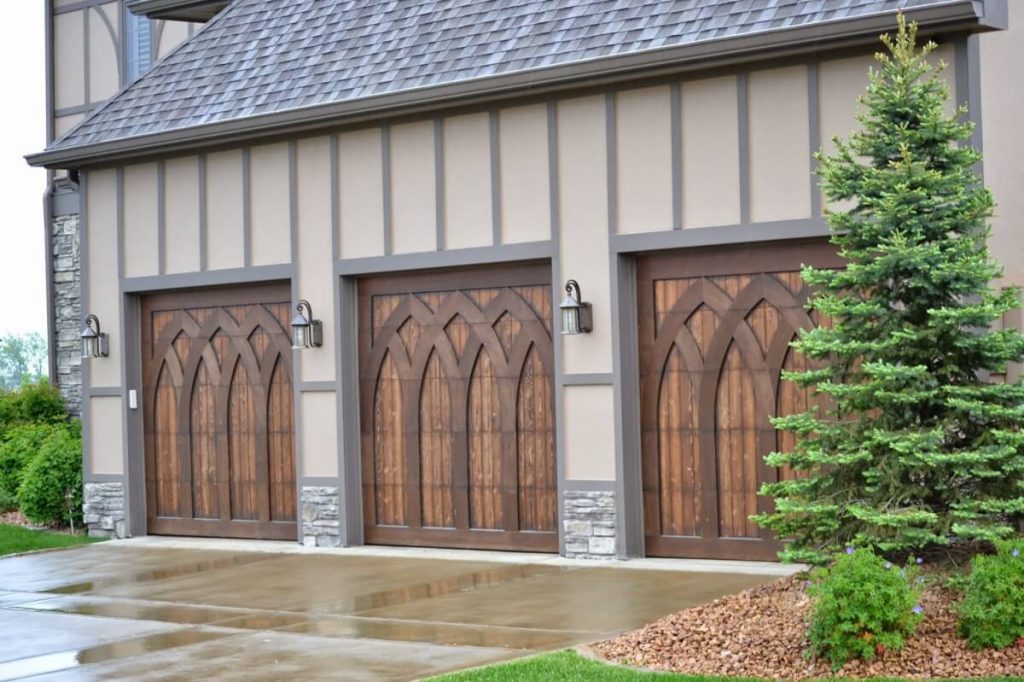How Often Should You Tune Up Your Garage? A Comprehensive Guide to Garage Maintenance
How Often Should You Tune Up Your Garage? A Comprehensive Guide to Garage Maintenance
Introduction: The Importance of Regular Garage Maintenance
Proper maintenance and care of your garage is essential to keep it functioning smoothly and ensure the safety of your belongings. Regular tune-ups and repairs can help identify any potential issues before they turn into costly problems. In this introduction, we will explore the importance of garage tune-ups, maintenance, care, and repair to help you keep your garage in top shape. Whether you use your garage for parking vehicles or as a storage space, understanding these key aspects will help prolong its lifespan and enhance its functionality.
The Frequency of Garage Tune-Up: How Many Times a Year Is Ideal?
Regular maintenance is essential to keep your garage in optimal condition and ensure its smooth operation. But how often should you tune up your garage? The frequency of garage tune-ups depends on several factors, including the age of your garage, its usage, and the climate in which you live.
As a general guideline, it is recommended to perform a thorough garage tune-up at least once a year. This comprehensive maintenance session should include inspecting and lubricating all moving parts such as hinges, rollers, springs, and tracks. Additionally, you should tighten any loose bolts or screws and check the balance of the garage door.
However, if your garage door is exposed to harsh weather conditions or experiences heavy usage on a daily basis, it may be necessary to increase the frequency of tune-ups. In such cases, performing maintenance every six months or even quarterly might be more appropriate.
It’s important to note that regular visual inspections are also crucial in between tune-up sessions. Keep an eye out for any signs of wear or damage such as frayed cables, worn-out rollers or springs, rusty parts, or misaligned tracks. If you notice any issues during these inspections or if your garage door starts making unusual noises or becomes less smooth when opening and closing it, it’s best to address them promptly by scheduling a professional inspection and necessary repairs.
Remember that proper garage maintenance not only extends the lifespan of your door but also ensures safety for you and your family. By following a regular tune-up schedule tailored to your specific circumstances and promptly addressing any issues that arise in between inspections, you can enjoy a well-functioning and reliable garage for years to come.
The Recommended Frequency for Different Components:
1. Garage Door:
Garage doors are an essential part of our daily lives, providing convenience and security for our homes. To ensure their smooth operation and longevity, regular maintenance is crucial. This includes scheduling tune-ups, lubricating the necessary parts, and inspecting springs and cables.
Garage door tune-ups should be performed at least once a year to keep your door functioning optimally. However, for households that use their garage doors frequently or in harsh weather conditions, it is recommended to schedule tune-ups more frequently, such as every six months.
Lubrication plays a vital role in maintaining the efficiency of your garage door. It reduces friction between moving parts, preventing wear and tear. It is important to use a high-quality garage door lubricant specifically designed for this purpose. The hinges, rollers, tracks, and springs should be lubricated regularly to ensure smooth operation.
Inspecting the springs and cables is another crucial aspect of garage door maintenance. These components are under high tension and can pose serious safety risks if they become damaged or worn out. It is advisable to visually inspect them periodically for any signs of wear or fraying. If you notice any issues with the springs or cables, it is recommended to contact a professional garage door technician for immediate repair or replacement.
By following these maintenance practices on a regular basis, you can extend the lifespan of your garage door while ensuring its safe operation for you and your family. Remember that proper care and attention not only save you from costly repairs but also provide peace of mind knowing that your garage door is in top condition.
2. Garage Door Opener:
Regular maintenance and inspection of your garage door opener is essential to ensure its smooth functioning and to prevent any potential safety hazards. A tune-up for your garage door opener involves several important steps, including inspecting the safety sensors, testing remote controls, and checking keypad entry systems.
Firstly, it is crucial to inspect the safety sensors of your garage door opener. These sensors are typically located near the bottom of the tracks on either side of the door. They work by sending an invisible beam across the opening, which detects any obstructions or objects in its path. During a tune-up, it is important to ensure that these sensors are properly aligned and free from any debris or obstructions that could hinder their functionality. This step helps to guarantee that the door stops and reverses if an object is detected while closing.
Secondly, testing remote controls should be a part of your regular maintenance routine. Remote controls provide convenience by allowing you to open and close your garage door without manually operating it. To ensure their proper functioning, it is recommended to test each remote control you have for your garage door opener during a tune-up session. This will help identify any issues such as weak batteries or faulty buttons that may need attention.
Lastly, checking keypad entry systems is also an important aspect of maintaining your garage door opener’s functionality. Keypad entry systems allow you to enter a code on a numeric keypad mounted outside your garage in order to open or close the door. During a tune-up, it is advisable to verify that all buttons on the keypad are working correctly and that they respond promptly when pressed. Additionally, check for any signs of wear or damage on the keypad itself.
By performing these essential tasks as part of a regular tune-up for your garage door opener, you can save yourself from potential malfunctions or accidents down the line. Remember that if you encounter any significant issues during this inspection process or are unsure about how to proceed with maintenance tasks, it is always recommended to seek the assistance of a professional garage door technician.
3. Tracks and Rollers:
Maintaining the tracks and rollers of your machinery is crucial for ensuring smooth and efficient operation. Regular tune-ups, cleaning debris from the tracks, and lubricating the rollers can significantly prolong the lifespan of your equipment while minimizing downtime. By following these simple maintenance steps, you can prevent costly repairs and keep your machinery running at its best.
4. Springs and Cables:
Regular maintenance and tune-ups for springs and cables are crucial to ensure the smooth operation and longevity of your garage door. By checking the tension levels and performing lubrication when necessary, you can prevent potential issues such as noisy operation, uneven movement, or even complete failure of the door system.
One important aspect of a tune-up is inspecting the springs. These tightly wound coils bear the weight of the garage door while it opens and closes, and over time they can become worn or lose their tension. By checking the tension levels, a professional technician can determine if adjustments are needed to ensure that your garage door operates smoothly and safely.
Another essential part of a tune-up is examining the cables. These steel strands work in conjunction with the springs to lift and lower your garage door. Over time, cables can fray or become loose, compromising their ability to support the weight of the door properly. Regular inspection allows for early detection of any issues with the cables so that they can be repaired or replaced before they lead to more significant problems.
In addition to inspecting these vital components, lubrication is often necessary during a tune-up. Applying lubricant to moving parts such as springs, hinges, rollers, tracks, and cables helps reduce friction and prevents premature wear. This simple step can significantly extend the lifespan of these components while ensuring smooth operation for years to come.
Overall, regular tune-ups for springs and cables are essential for maintaining optimal functionality and safety of your garage door system. By regularly checking tension levels, performing necessary adjustments or replacements when needed, and ensuring proper lubrication if necessary you can avoid costly repairs down the line while also saving time and energy in dealing with unexpected malfunctions.
How Often Should You Tune Up Your Garage? A Comprehensive Guide to Garage Maintenance
How Often Should You Tune Up Your Garage? A Comprehensive Guide to Garage Maintenance
How Often Should You Tune Up Your Garage? A Comprehensive Guide to Garage Maintenance
How Often Should You Tune Up Your Garage? A Comprehensive Guide to Garage Maintenance
How Often Should You Tune Up Your Garage? A Comprehensive Guide to Garage Maintenance
How Often Should You Tune Up Your Garage? A Comprehensive Guide to Garage Maintenance
How Often Should You Tune Up Your Garage? A Comprehensive Guide to Garage Maintenance
How Often Should You Tune Up Your Garage? A Comprehensive Guide to Garage Maintenance
How Often Should You Tune Up Your Garage? A Comprehensive Guide to Garage Maintenance
How Often Should You Tune Up Your Garage? A Comprehensive Guide to Garage Maintenance
How Often Should You Tune Up Your Garage? A Comprehensive Guide to Garage Maintenance
How Often Should You Tune Up Your Garage? A Comprehensive Guide to Garage Maintenance
How Often Should You Tune Up Your Garage? A Comprehensive Guide to Garage Maintenance
How Often Should You Tune Up Your Garage? A Comprehensive Guide to Garage Maintenance
How Often Should You Tune Up Your Garage? A Comprehensive Guide to Garage Maintenance





